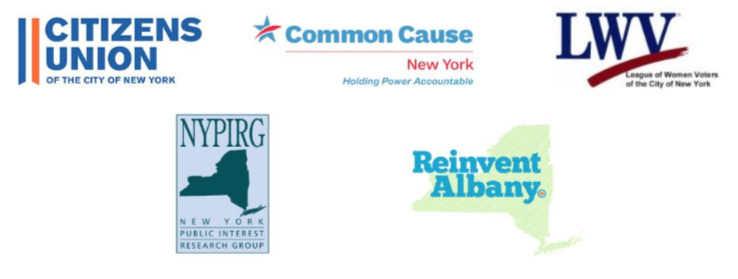MEMO IN OPPOSITION
Int. No. 917 (Torres) Creating A Two-Track NYC FOIL Process
Int. No. 917, introduced by Councilmember Ritchie Torres, would require city agencies to expedite Freedom of Information Law (FOIL) records requests made by “professional journalists.” Agencies would have to provide records within 10 days of receiving the records requests unless they could document extenuating circumstances. In that event, agencies would have to explain in writing the reasons for their delay and provide the requested records within 6 months.
While our groups appreciate Councilmember Torres’ interest in improving FOIL responsiveness, we oppose this legislation for the following reasons:
- FOIL creates an equal presumption of access for all of the public to government records and information in the interest of transparency. We oppose efforts to create any separate class of requesters as fundamentally inequitable and divisive. While journalists publishing information obtained from a FOIL request may reach a wider audience, it does not mean their requests are necessarily more important than information sought by other requestors.
- By prioritizing requests from journalists, the public will be in the position of always being second in line and never reaching the front. Journalists submit a small fraction of the requests, but among the most complicated, far ranging and time consuming for agencies to fulfill. Prioritization of their requests will result in even slower response times to requests from community based organizations, civic groups, members of the public and even elected officials because agencies have limited resources in administering FOIL. The courts have recognized the volume of an agency’s requests as being a valid excuse for agencies not timely meeting deadlines in FOIL.
- While we question the Council’s authority to establish a separate class of FOILers, it is inadvisable in any event because it would open the door to creating countless differing FOIL systems across the state, making navigation more difficult for journalists and the public alike, who would have to learn different processes for different localities
- The legislation puts the government in charge of determining who a “professional journalist” is for the purposes of FOIL, which is prone to abuse and conflicts of interest. The government’s designation could come under question or create an appearance of punishment or reward for journalists’ coverage of public officials.
There is no shortage of measures the Council and city agencies can take to improve FOIL administration. Released records should be made accessible to the public as the Port Authority has done. The City does not disclose or maintain a public list of FOIL officers and their contact information for each agency. Nor is there uniform information or a standardized webform that each agency must provide prominently on its website as to how the public can request a record. The Mayor’s Management Report contains no metrics on how FOIL requests are handled by city agencies, and their timeliness or lack thereof in responding.
If the Council is interested in speeding up FOIL requests, we recommend prioritizing as part of the budget process ensuring adequate resources for city agencies to hire and train qualified and experienced FOIL officers. Through its oversight authority, the Council should ensure agencies share best practices on administration through a standing interagency working group of FOIL officers, and encourage the Law Department to provide legal guidance and updates on case law to agency FOIL officers so FOIL is administered correctly and uniformly across city government.

